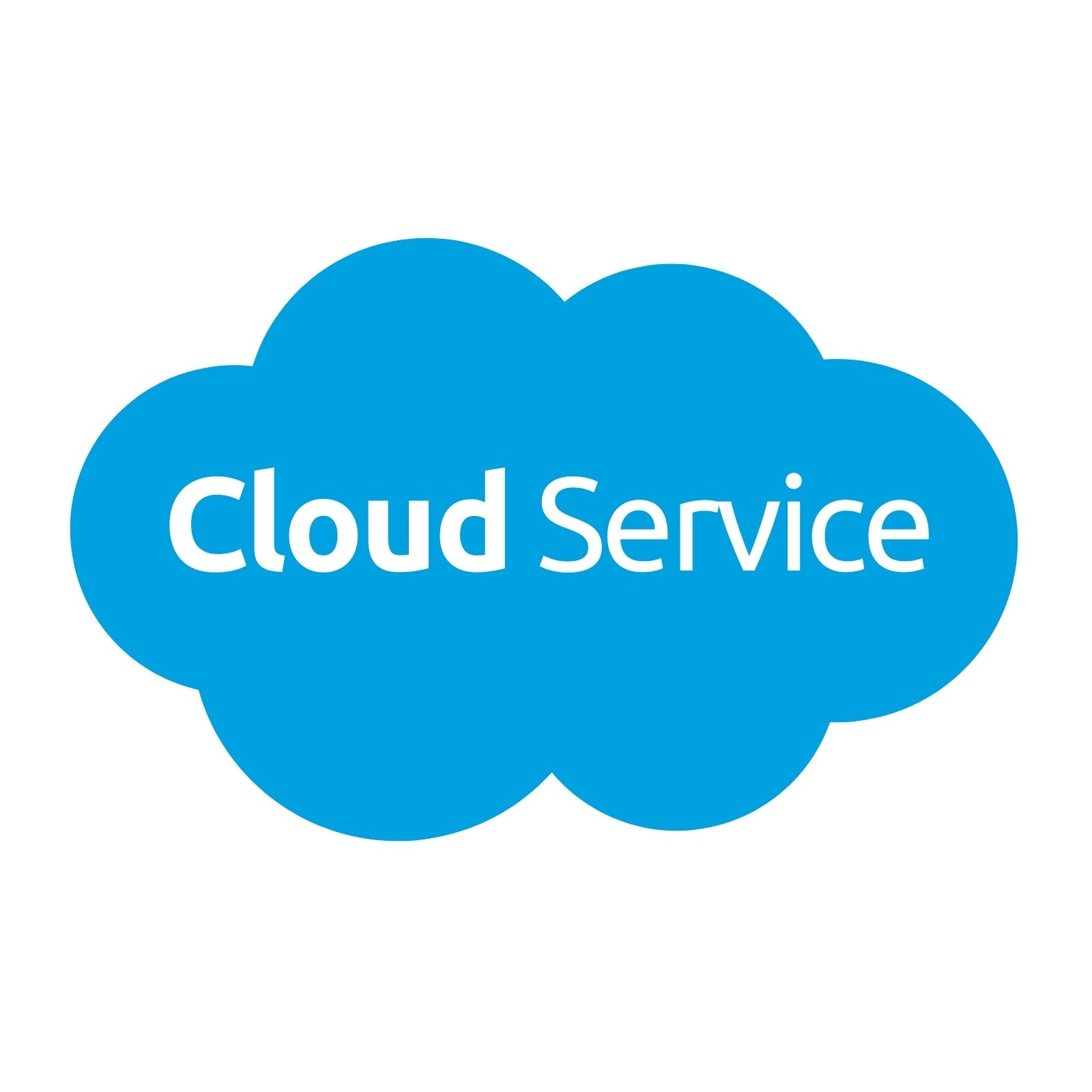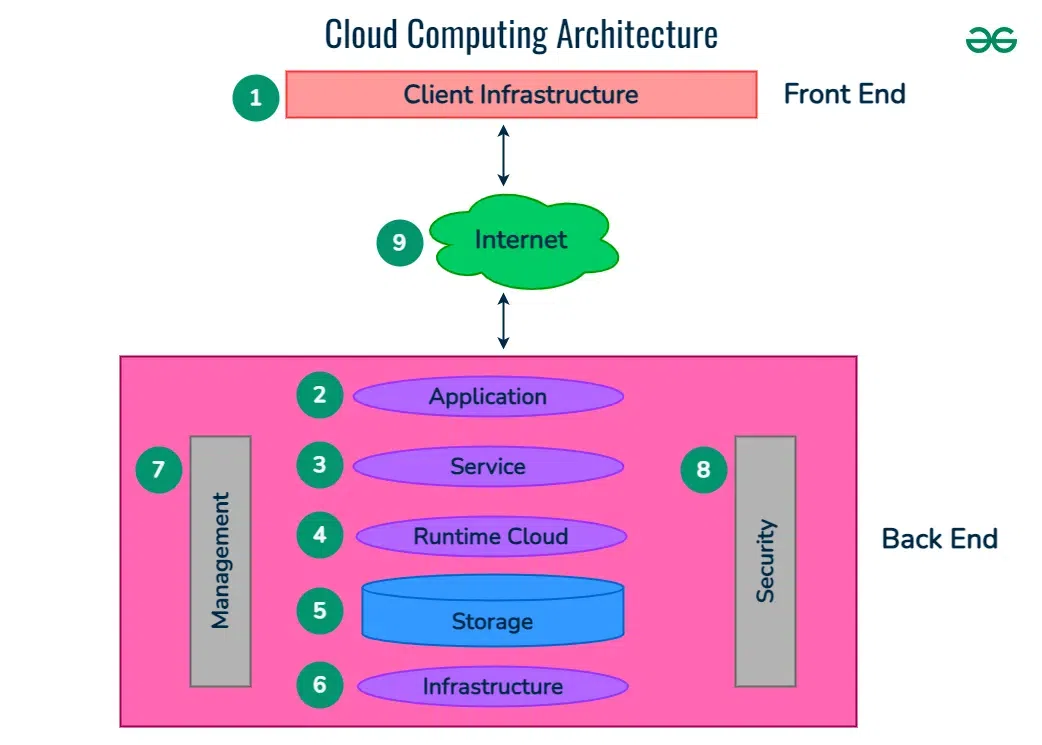Essential Tips for LinkDaddy Cloud Services: Maximizing Your Universal Cloud Service Method
Streamline IT Administration With Cloud Services
Cloud solutions have arised as a practical service for businesses looking to improve performance, decrease costs, and improve total IT performance. Exactly how exactly do these cloud services change traditional IT monitoring techniques? Let's check out the transformative effect of leveraging cloud solutions on IT operations and the key factors to consider for successful implementation.
Benefits of Cloud Services

Moreover, cloud services make it possible for companies to enhance their functional effectiveness by improving processes and reducing the time and sources needed for managing IT framework. With cloud services, organizations can automate routine tasks, such as software application updates and information backups, freeing up IT teams to focus on more tactical efforts that drive service value.

Enhanced Scalability and Adaptability
Cloud solutions provide companies with exceptional scalability and adaptability in handling their IT sources successfully. With cloud services, organizations can promptly scale up or down their computer sources, storage space capability, and network data transfer to satisfy changing requirements without the need for substantial upfront investments in hardware.
Moreover, cloud services use the flexibility for staff members to gain access to firm data and applications from anywhere, at any time, and from any kind of device with a net link. This ability boosts performance and collaboration amongst remote teams or workers working in different places. Additionally, cloud services supply the flexibility to choose from a range of service designs, such as Infrastructure as a Solution (IaaS), System as a Service (PaaS), or Software as a Service (SaaS), based on the certain requirements of the company. The enhanced scalability and versatility used by cloud solutions empower companies to optimize their IT procedures and stay nimble in today's dynamic market environment.

Cost-Effectiveness and Cost Savings
With the ability to efficiently allocate resources based on demand, businesses utilizing cloud services can harness considerable cost-effectiveness and recognize substantial savings in their IT operations. Cloud solutions use a pay-as-you-go version, permitting firms to only pay for the sources they utilize, eliminating the need for big ahead of time financial investments in equipment and software application. This scalability ensures that businesses can conveniently adapt to fluctuating needs without overspending on unnecessary resources. Furthermore, cloud solutions lessen upkeep expenses by shifting the obligation of equipment upkeep and software program updates to the provider. This reduces the demand for specialized IT staff to take care of framework, more reducing functional expenditures. Additionally, the cloud offers economic Find Out More climates of range, with providers spreading out expenses throughout multiple customers, leading to reduced private prices for services like storage space and computing power. Generally, the cost-effectiveness and financial savings achieved with cloud services make it possible for organizations to reallocate sources towards innovation and growth efforts.
Improved Security and Conformity
Enhancing the overall safety and security stance and ensuring regulatory compliance are critical factors to consider for services leveraging cloud services in their IT management techniques. Cloud service providers offer innovative protection measures, such as data file encryption, multi-factor verification, and automated backups, which can strengthen a company's safety structure. These providers additionally stick to stringent regulatory requirements, such as GDPR, HIPAA, and PCI DSS, aiding organizations satisfy compliance demands much more efficiently.
Implementing cloud services can improve security by providing streamlined control over access management, tracking, and data protection. This central approach streamlines safety administration and ensures regular application of safety policies throughout the organization. Furthermore, cloud solutions often offer real-time security updates and spots, minimizing the risk of vulnerabilities and potential violations.
Ideal Practices for Cloud Application
Implementing cloud solutions efficiently calls for an organized approach that includes extensive planning and persistent execution. To make certain a smooth shift to the cloud, organizations need to begin by performing a detailed evaluation of their current IT infrastructure and recognizing which workloads are suitable for migration. It is important to establish clear goals and specify essential efficiency get more signs (KPIs) to determine the success of the cloud application.
One of the finest techniques for cloud execution is to carefully pick a cloud provider that straightens with the organization's needs in regards to safety and security, cost-effectiveness, scalability, and compliance. In addition, developing a detailed movement strategy that outlines the actions entailed, timelines, and obligations is crucial for a successful implementation.
Frequently enhancing and monitoring cloud resources to make certain effective efficiency and price management is one more essential facet of cloud application finest practices. Continual analysis of the cloud setting and staying informed about updates and brand-new features supplied by the cloud service provider can even more boost the company's cloud method. By following these best techniques, companies can streamline their IT management and maximize the benefits of cloud services.
Final Thought
In conclusion, leveraging cloud solutions for IT management provides many benefits, including enhanced scalability, cost-effectiveness, boosted security, and compliance. Generally, cloud solutions improve functional effectiveness and dexterity in managing IT infrastructure.
In addition, cloud solutions give the versatility to pick from a range of service models, such as Framework as a Solution (IaaS), Platform as a Solution (PaaS), or Software as a Solution (SaaS), based on the certain needs of the service. Furthermore, cloud services decrease maintenance costs by changing the obligation of hardware maintenance and software application updates to the service copyright.Enhancing the general security posture and making sure governing compliance are extremely important considerations for organizations leveraging cloud services in their IT administration methods.Routinely enhancing and keeping an eye on cloud resources to guarantee reliable performance and price management view publisher site is an additional essential aspect of cloud implementation best methods. Constant examination of the cloud setting and staying notified about updates and new features offered by the cloud provider can even more improve the organization's cloud strategy.